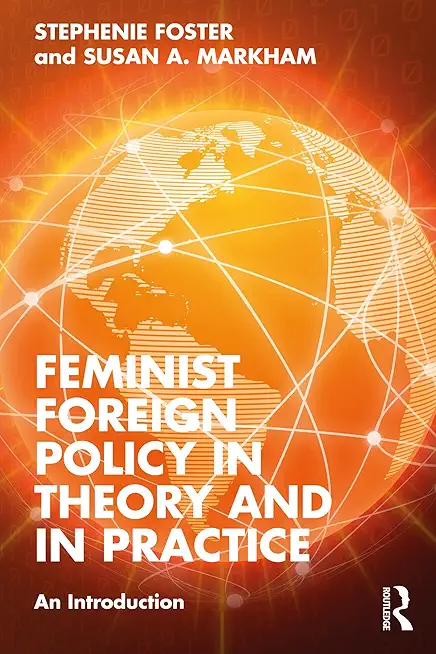
Foster, Stephenie
This book furthers the global conversation around how countries can develop and execute approaches to foreign policy and national security that go beyond conflict prevention and resolution and use a feminist or gender lens to increase gender equality and women's leadership in the security sector. It reviews how governments have implemented feminist foreign, development, and trade policies at the multilateral and national levels, and sets forth the unique global role of the U.S. government, using case studies to discuss what would be needed to implement a feminist foreign policy in the U.S. The authors provide a roadmap, stressing the necessity of applying a gender analysis and perspective to all peace and security decision-making and involving women in all aspects of conflict prevention and resolution, peacebuilding, post-conflict reconstruction, and humanitarian relief. They tie together the movements for human rights, women's rights, feminism, and peace and security, highlighting how each of these strands brings key perspectives to the study of foreign policy.
This book complements the study of the women, peace, and security agenda. It will be of great use to practitioners, including government officials, addressing issues of foreign policy, multilateral and bilateral engagement, and the promotion of gender equality and social inclusion. It will also be of interest to students and scholars of foreign policy, security studies, international relations, gender studies, development, governance, and political science.







